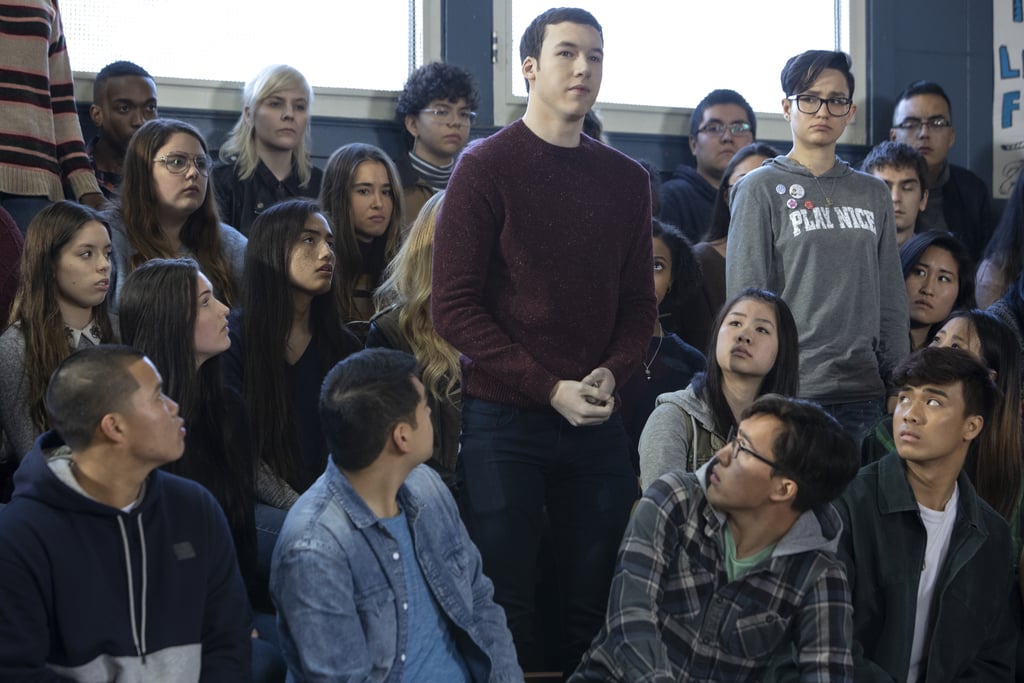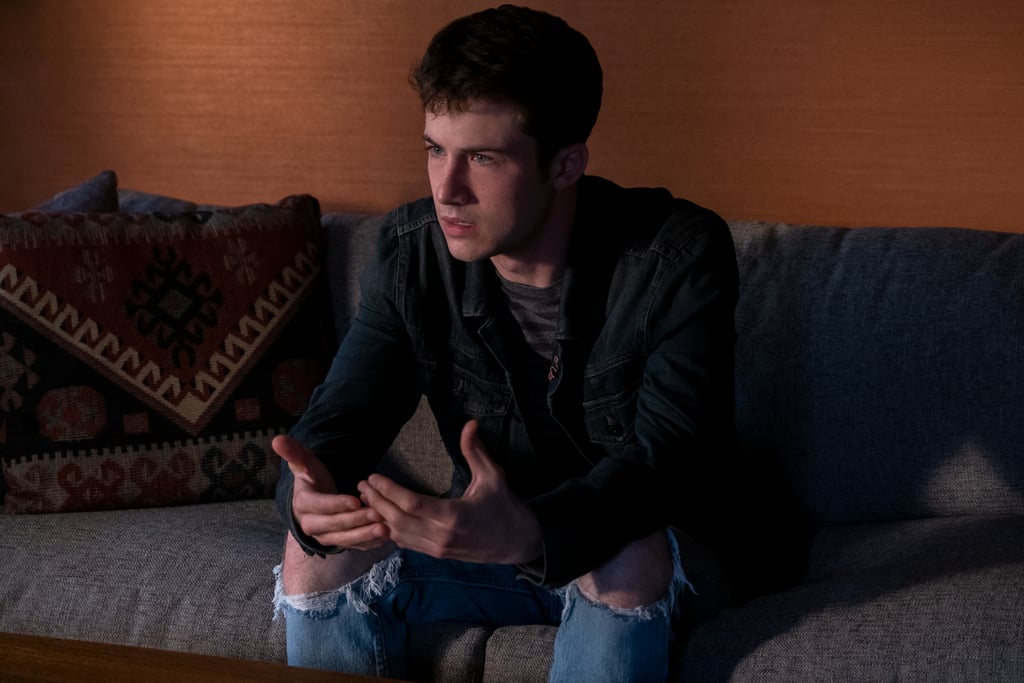With the release of the fourth and final season of 13 Reasons Why [1], I've had some time to reflect on the series; its exploration of trauma [2] resulting from sexual assault, domestic abuse, and bullying; and what the show gets right and wrong about the experience of surviving it. I'm a survivor of domestic abuse, and despite the maxim that time heals all wounds, I still carry some of the emotional and psychological scars of a relationship that ended more than five years ago. These scars are lessons learned and wisdom hard-earned.
I see some of these lessons and a negligible bit of wisdom in 13 Reasons Why [3], particularly in Jessica Davis's and Tyler Down's stories of survival in the third season. Clay Jensen's struggles in season four, while highly dramatized, also provide some real-world insights. The series doesn't get everything right, though. It is, after all, a show produced with the goal of attracting viewers, so much of what I watched in the final seasons [4] is sensationalized.
Some have gone so far as to say that 13 Reasons Why indulges in "trauma porn," with one unlikely trauma after the next affecting the teens at Liberty High [5], often in quick succession. I don't entirely disagree with this sentiment, but if you can look past the drama, the show still offers some teachable moments about how trauma affects survivors and the long, complicated road to recovery.
Talking About Your Experiences Is a Crucial Part of Recovery
Though the portrayal of Tyler Down's sexual assault — and the immediate aftermath — was widely viewed as problematic, he turns a corner when he works up the courage to talk about what happened, finding strength and healing in the support of his friends. Both Tyler and Jessica Davis also find solace in a group for rape survivors [6].
There's an important lesson there for people who have experienced trauma [7]. When I somehow found the strength to leave an abusive relationship, I struggled with the lasting psychological effects of the abuse. My initial instinct was to close in on myself, to hide out at home and be alone, but this just made me feel worse. Eventually, I realised I needed to talk about these experiences in order to work through how they affected me. I began by talking to my family, then to a counselor, then to a close friend.
Being open and honest about what had happened helped me to see that I was not to blame, which was an important part of my recovery. When it comes to coping with trauma, what works for one survivor may not work for another, but surrounding yourself with people who support you — by first letting them in — is pretty universally helpful.
Trauma Can Negatively Affect Your Academic, Professional, and Social Life
In season four, Clay Jensen begins to spiral out of control [8]. The trauma of Hannah Baker's suicide, Tyler's attempted school shooting, Bryce Walker's murder, Justin Foley's struggles with drug addiction [9], and the framing and murder of Monty De La Cruz catches up with Clay, and takes a toll in many areas of his life. He starts hallucinating and losing time, his grades suffer, he becomes extremely paranoid, and he gets in physical altercations with people. While Clay's stress response is highly dramatized, it isn't that much of a stretch.
As I was dealing with the emotional effects of domestic abuse, cracks in my academic and professional lives began to show. Work on my doctoral dissertation came to a standstill. I'm a teacher, and keeping up with grading and lesson planning became harder than ever. My organisational skills slipped. Interestingly, though, I threw myself into teaching in the classroom. Teaching was a great way for me to take my mind off of what was happening with me personally because during each hour of class, I had to focus on my students and their needs. In many ways, this saved me.
If you find that your academic, professional, and social lives are being negatively affected by the trauma you've experienced, please try to find someone to talk to [10], whether it's a friend, a family member, or a therapist.
Sometimes You Need Professional Help, and That's OK
The fourth and final season of 13 Reasons Why [11] centres on Clay's discussions with his therapist. Bryce also seeks help from a former Liberty High counselor in season three. I'm happy that this is a part of the show. Going to a therapist helped me gain the tools I needed to better cope with the anxiety resulting from my trauma. I was fortunate to have access to a talented and knowledgeable group of counselors at my university, at no cost to me.
Of course, it's important to acknowledge that there are many survivors of trauma who may not have access to mental health services. However, there are often other resources available [12]. If you or someone you love are experiencing signs or symptoms of post-traumatic stress and need help, start with the National Alliance on Mental Illness [13], which has resources and a helpline (1-800-950-6264). And please, know you're not alone.


